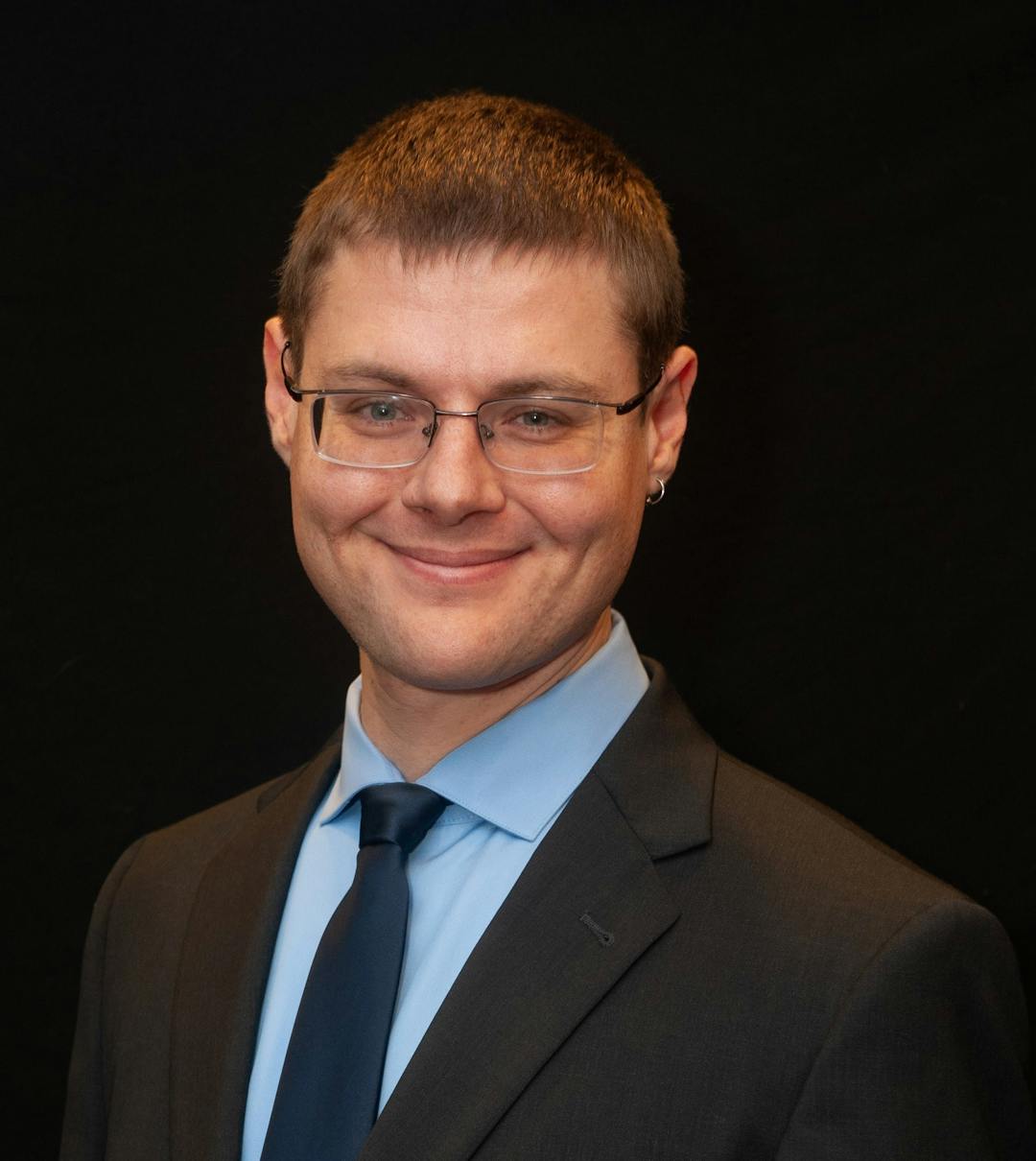The Fatal Consequences of COVID-19 Misinformation
There is a significant link between the mainstream media sources we rely on and our real-world behavior. This is the driving insight of a new study on viewers of Tucker Carlson’s and Sean Hannity’s Fox News shows, which found that the hosts’ divergent handling of COVID-19 (mis)information directly affected their viewers’ likelihood of contracting and even dying from the virus.1
Misinformation around COVID has spread widely since the outset of the pandemic through drivers such as talk show hosts, politicians, and myriad other online influencers.2,3 Researchers previously suspected that such misinformation leads to adverse public health outcomes; this new study clearly demonstrates it.
The propensity to believe misinformation is, of course, intricately tied to our broader worldviews and the content of the information itself. Moreover, in the case of COVID-19 risk perception, a number of cognitive biases (such as overconfidence or present bias) may factor into how seriously we view our risk of adverse health outcomes. Fortunately, peer-reviewed research has recently revealed effective behavioral science-based interventions that address cognitive biases to prevent people from both falling for and spreading misinformation. Even newer research has demonstrated that such evidence-based approaches are effective in regard to COVID-19 misinformation in particular—leaving some cause for hope as a pronounced second (or third) wave beckons.4
References
- Bursztyn, L., Rao, A., Roth, C., & Yanagizawa-Drott, D. (2020). Misinformation during a pandemic. University of Chicago, Becker Friedman Institute for Economics Working Paper, (2020-44).
- Brennen, J. S., Simon, F., Howard, P. N., & Nielsen, R. K. (2020). Types, sources, and claims of COVID-19 misinformation. Reuters Institute, 7, 3-1.
- Evanega, S., Lynas, M., Adams, J., Smolenyak, K., & Insights, C. G. (2020). Coronavirus misinformation: quantifying sources and themes in the COVID-19 ‘infodemic’.
- Pennycook, G., McPhetres, J., Zhang, Y., Lu, J. G., & Rand, D. G. (2020). Fighting COVID-19 misinformation on social media: Experimental evidence for a scalable accuracy-nudge intervention. Psychological science, 31(7), 770-780.
- Garcia, V. (2020, February 25). Tucker Carlson sounds the alarm: ‘America is not ready’ for the coronavirus. Fox News. https://www.foxnews.com/media/tucker-carlson-america-not-ready-for-cornavirus
- Halon, Y. (2020, February 27). Sean Hannity accuses Democrats of ‘weaponizing’ coronavirus ‘to score cheap, repulsive political points’. Fox News. https://www.foxnews.com/media/sean-hannity-democrats-weaponizing-coronavirus-trump
- Hinnosaar, M., & Hinnosaar, T. (2012). Authority Bias.
- Hatfield, E., Cacioppo, J. T., & Rapson, R. L. (1993). Emotional contagion. Current directions in psychological science, 2(3), 96-100.
- Straight, W. (2017, August 13). Threading the fact-checking needle. Pro-Truth Pledge. https://www.protruthpledge.org/threading-fact-checking-needle/
About the Author
Gleb Tsipursky
Dr. Gleb Tsipursky is a behavioral economist, cognitive neuroscientist, and a bestselling author of several books on decision-making and cognitive biases. His newest book is Pro Truth: A Pragmatic Plan to Put Truth Back Into Politics (Changemakers Book, 2020). Dr. Tsipursky is on a mission to protect people from dangerous judgment errors through his cutting-edge expertise in disaster avoidance, decision making, social and emotional intelligence, and risk management. He founded Disaster Avoidance Experts, a behavioral economics consulting firm that empowers leaders and organizations to avoid business disasters. His thought-leadership has been featured in over 500 articles that he has published as well as 450 interviews he has given to popular venues such as CBS News, Scientific American, Psychology Today, and Fast Company, among others. Dr. Tsipursky earned his PhD in the History of Behavioral Science at the University of North Carolina at Chapel Hill, his M.A. at Harvard University, and his B.A. at New York University.
About us
We are the leading applied research & innovation consultancy
Our insights are leveraged by the most ambitious organizations
“
I was blown away with their application and translation of behavioral science into practice. They took a very complex ecosystem and created a series of interventions using an innovative mix of the latest research and creative client co-creation. I was so impressed at the final product they created, which was hugely comprehensive despite the large scope of the client being of the world's most far-reaching and best known consumer brands. I'm excited to see what we can create together in the future.
Heather McKee
BEHAVIORAL SCIENTIST
GLOBAL COFFEEHOUSE CHAIN PROJECT
OUR CLIENT SUCCESS
$0M
Annual Revenue Increase
By launching a behavioral science practice at the core of the organization, we helped one of the largest insurers in North America realize $30M increase in annual revenue.
0%
Increase in Monthly Users
By redesigning North America's first national digital platform for mental health, we achieved a 52% lift in monthly users and an 83% improvement on clinical assessment.
0%
Reduction In Design Time
By designing a new process and getting buy-in from the C-Suite team, we helped one of the largest smartphone manufacturers in the world reduce software design time by 75%.
0%
Reduction in Client Drop-Off
By implementing targeted nudges based on proactive interventions, we reduced drop-off rates for 450,000 clients belonging to USA's oldest debt consolidation organizations by 46%




















